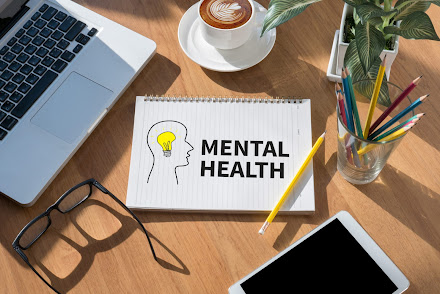Post-traumatic stress disorder (PTSD) is a mental health condition that can develop after experiencing or witnessing a traumatic event. It can affect anyone, regardless of age, gender, or background. People with PTSD may experience flashbacks, nightmares, and severe anxiety, making it difficult for them to lead a normal life. If you or someone you know is struggling with PTSD, it is essential to seek help from psychiatric doctors in Bhopal. Along with therapy and medication, here are five effective coping mechanisms for PTSD that can help in managing symptoms and improving overall well-being.
1) Deep Breathing and Relaxation Techniques
One of the most common symptoms of PTSD is feeling on edge and constantly on high alert. This can lead to increased anxiety and tension in the body. Deep breathing and relaxation techniques such as meditation, yoga, and progressive muscle relaxation can help in calming the mind and body. These techniques can also improve sleep quality, reduce stress levels, and promote a sense of peace and well-being.
2) Exercise and Physical Activity
Regular exercise has been proven to be beneficial for both physical and mental health. For people with PTSD, engaging in physical activity can help in reducing symptoms such as anxiety, depression, and irritability. Exercise releases endorphins, which are natural mood-boosting hormones, and can also improve sleep quality. It can be as simple as going for a walk, joining a fitness class, or practicing a sport.
Also Read: OCD Treatment in Bhopal
3) Support from Loved Ones
Having a strong support system is crucial for anyone dealing with PTSD. Friends and family can provide emotional support, understanding, and a sense of belonging. It is essential to communicate with loved ones about your struggles and seek their help when needed. Talking to someone you trust can also help in processing traumatic experiences and reducing feelings of isolation.
4) Engage in Relaxing Activities
Engaging in activities that bring joy and relaxation can help in managing symptoms of PTSD. This can include hobbies such as painting, reading, listening to music, or spending time in nature. These activities can serve as a distraction from negative thoughts and emotions and provide a sense of calm and peace.
5) Seek Professional Help
While coping mechanisms can be helpful in managing symptoms, it is essential to seek professional help from psychiatric doctors in Bhopal. They can provide a proper diagnosis, create a personalized treatment plan, and monitor progress. Therapy, such as cognitive-behavioral therapy (CBT), has been found to be effective.


